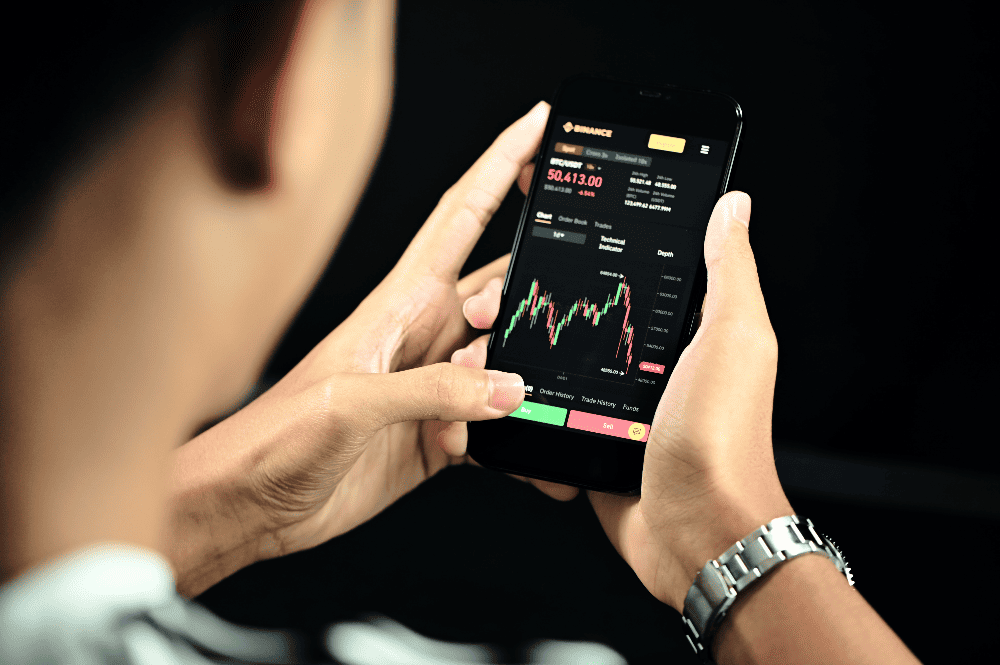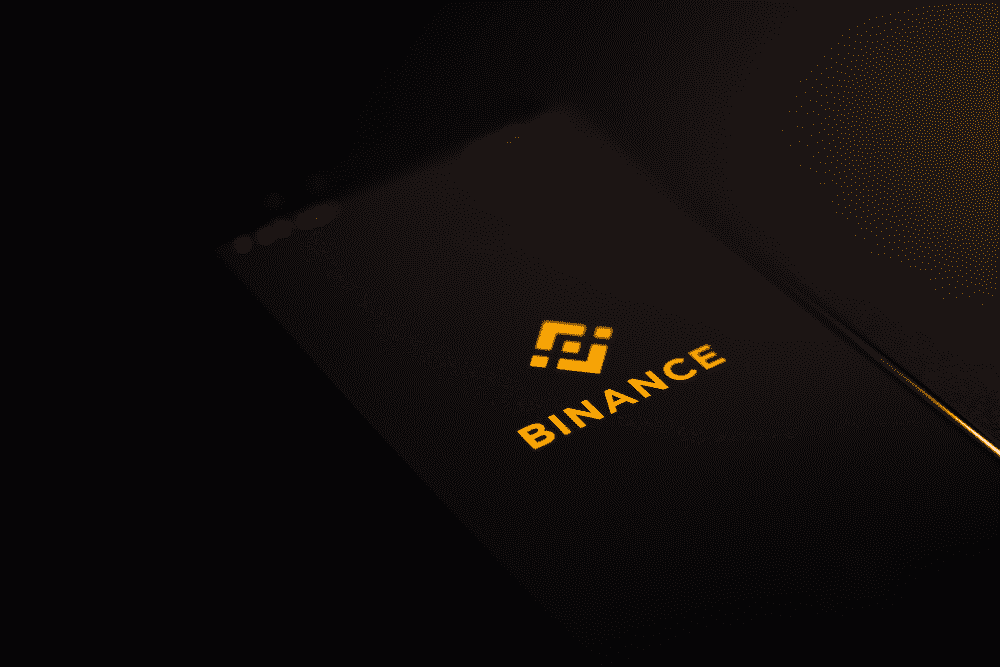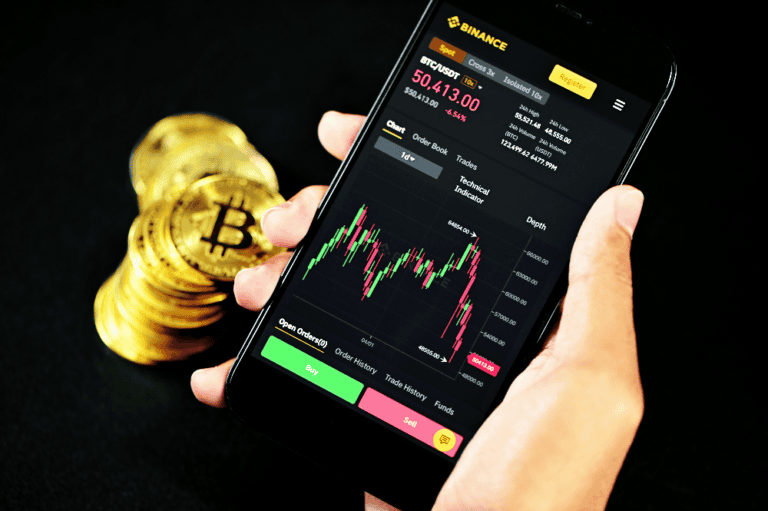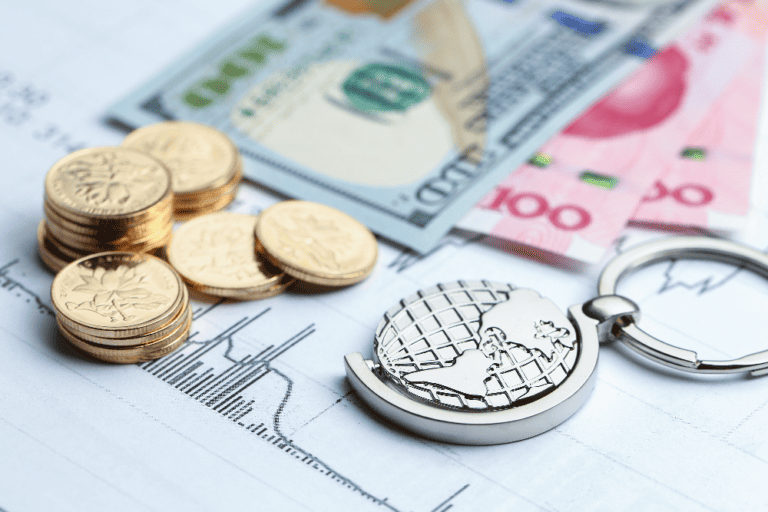Is Binance Safe? My Honest Review as a Long-Time User (2024)
Launched on July 14, 2017, Binance quickly became a favorite among crypto investors globally, particularly those, like myself, based in Asia. Its appeal lies in its accessibility, user-friendly interface, competitive trading fees, and other advantages over other cryptocurrency exchanges.
Over time, however, various incidents and concerns have surfaced, leading to a crucial question: is Binance safe enough to entrust with your hard-earned digital assets or should you explore other options?
In this article, I will offer candid insights into the safety aspects of Binance, drawing from my extensive experience as a long-time user.
It’s important to mention, though, that my insights center around the main Binance platform, which is globally accessible. I won’t be specifically covering Binance.US, which operates as a separate entity under US regulations and caters exclusively to users within the United States.
What Is Binance?
Binance stands as a prominent cryptocurrency exchange platform established by Changpeng Zhao, a Chinese-born Canadian entrepreneur, in 2017. According to its official website as of January 2024, Binance boasts a user base of 169 million registered users spanning over 180 countries.
In addition, it states that the platform offers a diverse range of services, allowing crypto enthusiasts, traders, and investors to:
- Trade hundreds of cryptocurrencies on Spot, Margin, and Futures markets.
- Buy and sell cryptocurrencies with Binance P2P.
- Earn interest on your crypto with Binance Earn.
- Buy or earn new tokens on Binance Launchpad.
- Trade, stake, and loan NFTs on the Binance NFT marketplace.
What Issues and Incidents Caused Concern Among Binance Users in Previous Years?
In the past, Binance has encountered multiple issues and incidents that have garnered attention and scrutiny. I have included some of the most significant examples below.
2023
- SEC Charges: The U.S. Securities and Exchange Commission (SEC) filed 13 charges against Binance entities and its founder, Changpeng Zhao. The SEC alleged that Binance platforms under Zhao’s control posed risks and conflicts of interest to investors.
- Cybersecurity Breach: In October 2023, Binance experienced a cyberattack that resulted in the theft of approximately $570 million worth of BNB tokens. While users’ funds were not directly affected, this incident highlighted vulnerabilities in the platform’s security infrastructure.
- Temporary Platform Outages: Throughout 2023, Binance experienced several temporary outages and technical issues, disrupting trading and access to user funds. While these were often resolved quickly, they nonetheless caused inconvenience and concern about platform reliability.
Previous Years
- December 2022 Hack: Binance investigated a hacking incident that affected multiple crypto tokens.
- October 2022 Hack: Unidentified hackers exploited a flaw in Binance’s BNB Chain crypto token, allowing them to mint 2 million BNB tokens worth $569 million.
- May 2019 Hack: Hackers accessed a large number of user API keys and 2FA codes, resulting in the theft of roughly $40 million worth of Bitcoin from Binance’s hot wallet. This incident led to changes in Binance’s security protocols and the establishment of the SAFU fund for potential future incidents.
How Did Binance Address Those Issues and Concerns?
SEC Charges
The case against Binance and its founder, Changpeng Zhao, remains ongoing as of January 2024. However, in response to the SEC charges in 2023, Binance has taken several steps to address the concerns, which include the following:
- CEO Transition: Following the charges, Changpeng Zhao stepped down as the CEO of Binance to settle the case with the U.S. authorities. This transition aimed to ensure a fresh leadership approach within the company.
- Financial Settlement: As part of the resolution, Binance agreed to pay fines amounting to $4.3 billion. This significant financial penalty aimed to address the violations and penalties associated with the charges.
- Increased Investment in KYC/AML: Binance has reportedly increased its resources and efforts towards KYC/AML compliance, particularly for the US platform.
- Engagement with Regulators: Binance has expressed greater willingness to cooperate with regulators in various jurisdictions, aiming to address anti-money laundering and securities concerns.
Hacking Incidents
Binance has responded to hacking incidents and other concerns from previous years by implementing a range of measures aimed at bolstering security and meeting the requirements set by regulators and users alike, which include the following:
- Immediate Response: Binance has generally acted quickly to contain breaches and minimize losses. For example, after the 2019 hack, they froze withdrawals and conducted a security audit, implementing improvements and establishing the SAFU fund for future incidents.
- Reimbursement (SAFU Fund): The SAFU fund, dedicated to compensating users in case of security breaches, was praised as a proactive measure.
- Bug Bounty Program: Binance operates a bug bounty program where security researchers and white-hat hackers can report vulnerabilities in exchange for rewards. This initiative helps identify potential security weaknesses and allows Binance to address them proactively.
- Education and Awareness: Binance emphasizes educating users about security best practices, such as setting strong passwords, enabling 2FA, and avoiding phishing attempts. They provide educational resources to help users protect their accounts and assets.
- Strengthening Security Measures: Binance has continuously improved its security protocols and infrastructure to better protect user funds. They have invested in advanced technologies, such as two-factor authentication (2FA), cold storage wallets, and multi-signature wallets, to safeguard assets from unauthorized access.
IS BINANCE SAFE? On November 21, 2023, Changpeng Zhao stepped down as Binance CEO in a settlement with the U.S. Department of Justice. Richard Teng took over as the new CEO to address safety and compliance concerns.
Is Binance Safe? Here Are My Final Thoughts
After highlighting past concerns and incidents affecting Binance users, a crucial question persists: Is Binance safe enough for crypto investors in 2024?
Before sharing my opinion, I must confess that Binance is the first crypto exchange I ever used. Despite trying various others over the years, it remains my go-to exchange, primarily due to its accessibility for an Asia-based investor like myself.
Also, I haven’t encountered major issues like hacks or outages.
The only situation that impacted me was when Binance announced in September 2022 that it would automatically convert user balances and new deposits of USD Coin, Pax Dollar, and True USD into its stablecoin, Binance USD.
There Are Several Other Reasons Why Binance Remains My Preferred Cryptocurrency Exchange. This Includes:
- Wide Variety of Cryptocurrencies: Binance offers a vast selection of cryptocurrencies, from well-established ones like Bitcoin and Ethereum to a plethora of smaller altcoins and lesser-known projects.
- Liquidity: Binance boasts the highest trading volume globally, meaning there are always buyers and sellers for your desired cryptocurrencies. This is particularly appealing to active traders who need to execute large orders quickly.
- Competitive Fees: Compared to other exchanges, Binance charges relatively low trading fees, especially for users who hold their own Binance Coin (BNB).
- User-Friendly Interface: Binance’s platform is designed to be intuitive and easy to navigate, even for novice crypto users.
- Ongoing Innovation: Binance continually strives to innovate and introduce new features to enhance the user experience. They regularly launch new products and services, such as Binance Launchpad for token sales and Binance Earn for passive income opportunities.
- Strong Community and Support: Binance has built a strong community of users and provides excellent customer support. They engage with their users through social media channels, educational resources, and community initiatives like Binance Academy.
- Global Reach: Binance operates in a majority of countries worldwide, making it accessible to a vast international audience.
I’m also impressed by Binance’s continuous dedication to expanding its business, particularly in Asia, where I currently reside.
In late 2023, Binance shared some exciting news: Gulf Binance, a collaboration between Binance Holdings and Sarath Ratanavadi’s Gulf Energy Development, is getting ready to open a cryptocurrency exchange in Thailand in 2024.
This comes after receiving approval for the necessary licenses from the country’s Securities and Exchange Commission, a development that greatly enhances my confidence in Binance’s future endeavors.
Now, Is Binance Safe for Security-Conscious Individuals? It Depends on Their Risk Tolerance.
As someone who is not risk-averse, I find Binance to be a relatively safe option, especially when compared to other cryptocurrency exchanges. Being an “OG” in the crypto space, Binance has demonstrated resilience in the face of challenges, including crypto winters that led to the closure of numerous exchanges.
This track record instills confidence in its reliability.
Furthermore, Binance’s commitment to transparency, security, and regulatory compliance, as outlined in its initiatives, strengthens my trust. I especially value their educational approach, offering users informative articles and guides to become more knowledgeable investors.
Ultimately, what makes me confident in using Binance now is the choice of Richard Teng as the new CEO. His previous ties with Ripple, a company I respect for its forward-thinking and integrity, further boost my assurance.
Also, his commitment, as shared in a blog post on November 27, 2023, to enhance the company’s emphasis on “working with policymakers” and “promoting growth and the use of Web3” adds to my confidence in the platform.

So, is Binance safe? The answer, much like the crypto market, is nuanced.
As mentioned earlier, it truly hinges on your risk tolerance, along with factors like your level of experience and specific needs. In my case, the convenience and features currently outweigh any concerns.
Still, I stay careful about possible issues, spreading my investments on different platforms. Also, it’s worth mentioning that I keep my digital assets safe in a cold wallet and use Binance only for quick trades or selling.
If You Want to Start Using Binance, Here’s My Advice:
- Do your research: Don’t blindly trust any exchange, including Binance. Understand their history, security measures, and regulatory standing before diving in.
- Diversify, diversify, diversify: Spread your eggs across multiple baskets – not just different coins, but different platforms as well. This mitigates risk and gives you peace of mind.
- Stay informed: Keep your finger on the pulse of the crypto news, especially regulatory developments. Be prepared to adapt and move your funds if necessary.
Remember, the crypto world is ever-evolving, and Binance is no exception. This honest review is just a snapshot of my experience as a long-time user and crypto investor. In the end, whether to trust Binance with your valuable crypto is entirely up to you.
Choose wisely, invest responsibly, and may the gains be with you!
By the way, if you’re interested in sending and receiving money through remittance instead, be sure to check out my comprehensive blog article titled “How To Send Remittance Payment Anywhere: The Ultimate Guide For Digital Nomads And Remote Workers.”
Disclaimer: The information and opinions expressed in this blog post are for informational purposes only and are not intended to be construed as professional advice. Please consult with a qualified professional before making any financial decisions, traveling, or purchasing a product or service. This information is also based on personal experiences and/or research at the time of writing, and new information and updates may be available on the topic being discussed. Please conduct further research before making any decisions.







